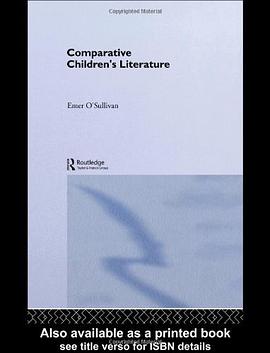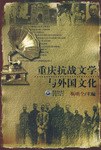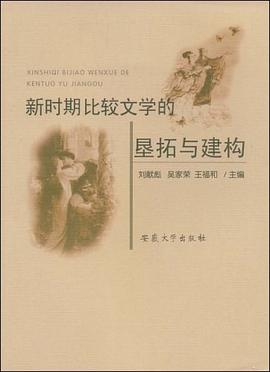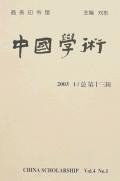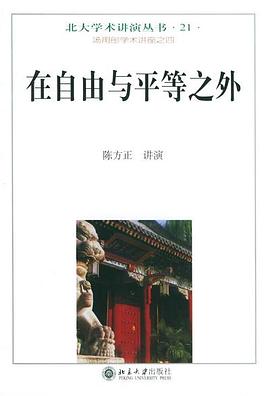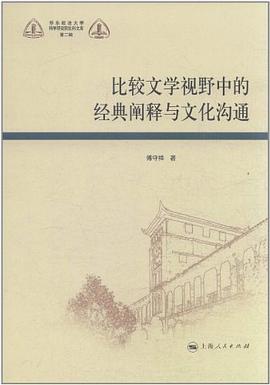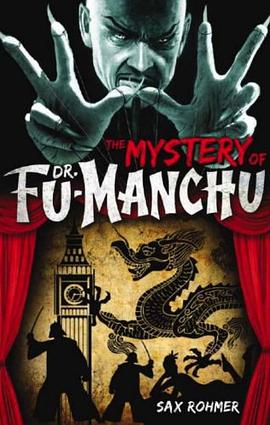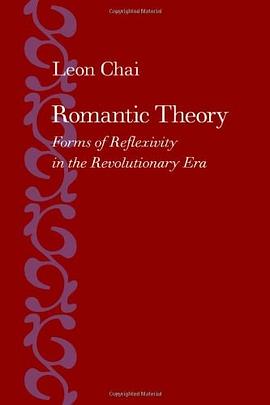

具体描述
This original study explores the new idea of theory that emerged in the wake of the French Revolution. Leon Chai sees in the Romantic age a significant movement across several broad fields of intellectual endeavor, from theoretical concepts to an attempt to understand how they arise. He contends that this movement led to a spatial treatment of concepts, the primacy of development over concepts, and the creation of metatheory, or the formal analysis of theory. Chai begins with P. B. Shelley on the need for conceptual framework, or theory. He then considers how Friedrich Wolf and Friedrich Schlegel shift from a preoccupation with antiquity to a heightened self-awareness of Romantic nostalgia for that lost past. He finds a similar reflexivity in Napoleon's battle plan at Jena and, subsequently, in Hegel's move from substance to subject. Chai then turns to the sciences: Xavier Bichat's rejection of the idea of a unitary vital principle for life as process; the chemical theory of matter developed by Humphry Davy; and the work of Evariste Galois, whose proof of the solvability of equations using radicals ushered in the age of metatheory. Chai concludes with reactions to theory: Coleridge's proposal of the conflict between reason and understanding as a model of theory, Mary Shelley's effort to replace theory with a different kind of relationship to external others, and Holderlin's reflection on the limits of representation and the possibility of fulfillment beyond it.
作者简介
目录信息
读后感
评分
评分
评分
评分
用户评价
相关图书
本站所有内容均为互联网搜索引擎提供的公开搜索信息,本站不存储任何数据与内容,任何内容与数据均与本站无关,如有需要请联系相关搜索引擎包括但不限于百度,google,bing,sogou 等
© 2025 book.wenda123.org All Rights Reserved. 图书目录大全 版权所有


